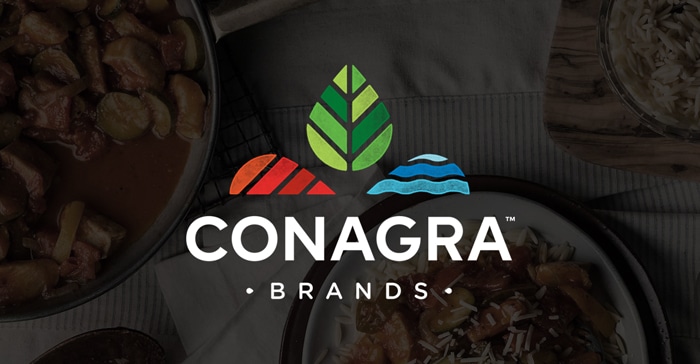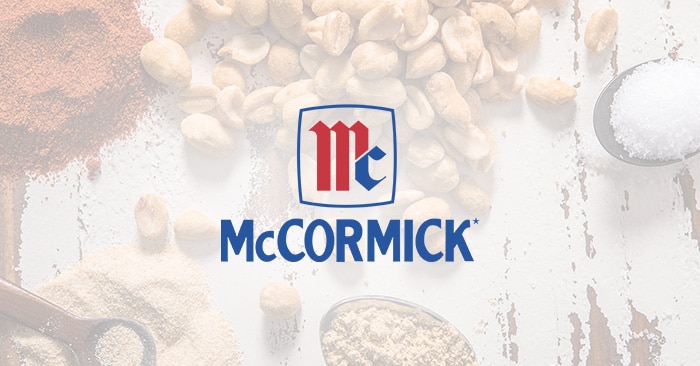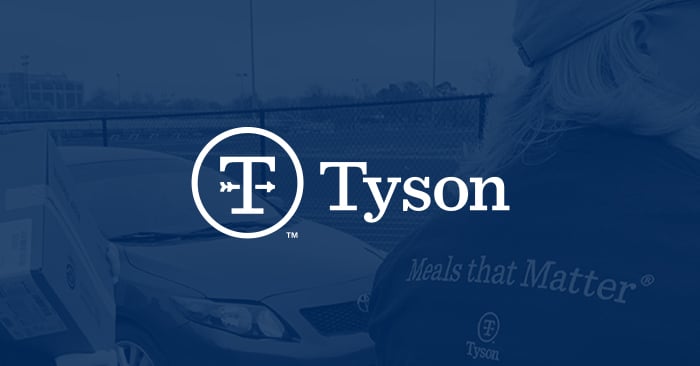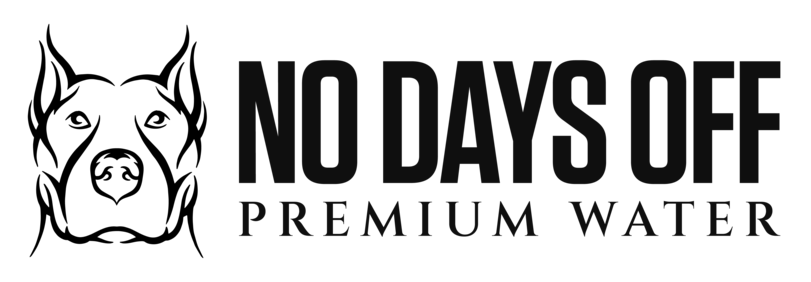Strategics Update: Boosting Manufacturing, Educating Home Cooks
As packaged food demand soars, big food brands continue to present evolving visions — growing production capabilities and adjusting marketing efforts, while prioritizing employee health and safety and funding hunger relief. Here are the latest updates on big CPG companies’ initiatives and outlooks for this unprecedented time.
Conagra: Q3 Earnings, Retail Jump Offsets Foodservice Fall
During an investor call last week CPG company Conagra shared its third quarter and 2020 earnings, reporting net sales declined 5.6% in Q3. The decrease was in line with expectations, and the company has so far seen significant demand in retail in Q4, with shipments and consumption increasing about 50% — offsetting the 50% to 60% decline in foodservice sales, CEO Sean Connolly said.
Even with the surge in demand, the company was already set up for success, Connolly noted.
“While we all remain focused on executing through this rapidly evolving situation, we’ve made significant progress against the operational objectives we established for fiscal 2020,” he said. “In many ways, our progress against these objectives is enhancing our ability to navigate this crisis.”
Third quarter growth was fueled by snacks and frozen items. Overall, grocery and snacks generated $1 billion in sales during the quarter. Snack sales rose 2.9% led by meat snacks and seeds, which delivered 8.4% and 5.9% growth, respectively. Additionally, refrigerated and frozen items generated $959 million, a 1.6% decline. However, as long as Conagra’s supply chain remains strong throughout the pandemic, it will exceed its 2020 sales and profit metrics, Connolly said.
But some plans may have to adjust. As retailers demand more inventory of hero SKUs, pickup for Conagra’s newest products remains in limbo, Connolly explained. The innovations, which include plant-based, co-branded Healthy Choice and Gardein Power Bowls, as well as new wraps and dressings, were announced at the Consumer Analyst Group of New York (CAGNY) conference in February, with Connolly calling 2020 a year of “aggressive innovation.”
“Nobody really knows what tomorrow or next week looks like, and right now everybody is literally trying to get as many items of all the foods they sell in stock,” he said. “I think you’re going to see some customers take it sooner, some later, and it’s not as if those who take it later would be in a deficit position if this pandemic does not abate anytime soon. The consumer pull remains extremely strong across the board.”
Additionally, to help new cooks navigate meals at home, the company is providing recipes and tips via digital and social channels.
McCormick: Q1 Earnings, Helping Home Cooks
In its first quarter earnings results Tuesday, spice company McCormick reported a 2% year-over-year sales decline in the quarter, noting a 3% decline stemmed from reduced operations in China during the COVID-19 outbreak. After a sales spike in March, the company withdrew its 2020 guidance due to the “uncertainty of the duration and extent” of COVID-19, expecting to resume full year guidance with its Q2 earnings report in June.
Lawrence E. Kurzius, chairman, president and CEO, noted the company‘s top priority is employee health and safety, as well as product quality and supply. Its China-based facilities for Old Bay Seasoning, French’s and Frank’s Red Hot are back online, and although Kurzius expects “an unprecedented year of challenges,” consumer interests in global flavors and healthy food will drive growth, he said. For the week ending March 15, scanner sales across the company’s U.S. portfolio grew 65%, with key categories including dried spices, herbs and blends, stocks and frozen products — and vanilla sales up 54%, Kurzius noted.
To help newer home cooks, the company pivoted its brand marketing. A new TV and digital ad campaign, ‘It’s Gonna Be Great,’ launched last month, offering education on preparing meals and building kitchen confidence. With similar plans already underway beginning this year, Kurzius said this is the company’s strongest campaign to date, with traction especially from turmeric, bone broth and soup-related content. U.S. consumption growth on stocks and broth grew 140% and turmeric 22% since the campaign launched, with digital and social engagement across its website, YouTube and other channels seeing high double digit growth in recent weeks, he said. The company’s e-commerce sales have also grown, Kurzius said.
“The speed and agility we gained with our marketing excellence organization has enabled us to quickly pivot and adjust our messaging in light of the COVID-19 developments,” Kurzius said. “We continue to develop best-in-class content and opportunities for our consumers to connect with us and are strengthening our brand as an indispensable partner on their flavor journey.”
General Mills: Production Bonuses, Internal Support
CPG company General Mills last week announced new incentives for manufacturing employees as well as hunger relief funding. The company is inviting healthy corporate workers to help with manufacturing, where enhanced employee benefits include a daily bonus, according to a release. Additionally, the company donated $5 million toward food access in its production facilities’ locations, as Jeff Harmening, chairman and CEO, noted employee health and safety and feeding global consumers are top priorities.
“The unique circumstances of today call on General Mills to make food the world needs,” Harmening said. “We see it as imperative that we help ensure a steady and reliable food supply.”
The cereal and snack giant, which owns Annie’s, Nature Valley and more, last year generated $16.9 billion in sales, with recent Credit Suisse data noting overall sales grew 47%, as yogurt sales rose 14% and cereal 36%, in the four weeks ending March 21. To help fuel the demand, new benefits for ‘production-essential’ workers include the daily bonus for at least the next four weeks, as well as two weeks’ paid leave due to voluntary or mandated quarantine, school closures for children, medical risk or other coronavirus-related reasons. In some locations, General Mills will consult with employees needing child care, aiming to provide flexible work schedules. Additionally, General Mills, which employees 35,000 people globally, launched “We’re In This Together,” an internal staff support group.
The company is also looking toward the larger community. The $5 million in grant funding will help feed vulnerable children affected by school and community program closures, as well as build food bank partnerships near General Mills’ plants. The company is also adding to its charitable donation matches, totaling $1,500 per employee this year.
“As a company, we have the values, insights and partners to positively impact the lives of millions of people worldwide during this unprecedented time as the world navigates the COVID-19 pandemic,” Mary Jane Melendez, president of the General Mills Foundation, said. “These grants will help expand food access and lend added support for many of our communities around the world.”
Tyson: $60M in Employee Bonuses, $13M for Hunger Relief
Tyson is similarly looking to reward employees and feed those in need, last week announcing $60 million in bonuses, as well as new $13 million in hunger relief funding.
The company’s 116,000 frontline workers and truckers will receive a $500 bonus during the first week of July, adding to recently announced efforts like helping suppliers raise animals and a relaxed attendance policy. Workers can also receive pay if out sick with the flu or COVID-19.
“Our team members are leading the charge to continue providing food to the nation,” CEO Noel White said. “The bonuses are another way we can say ‘thank you’ for their efforts.”
Additionally, Tyson committed $13 million toward critical needs in local areas where it operates, including $2 million in grants to non-profit organizations providing emergency response assistance like food distribution, health care and small business support. It also includes $500 million to support those on the company’s 141,000-employee team impacted by the virus.
Since early March, Tyson has donated $11 million worth of protein — 4 million pounds — to hunger relief efforts.



















